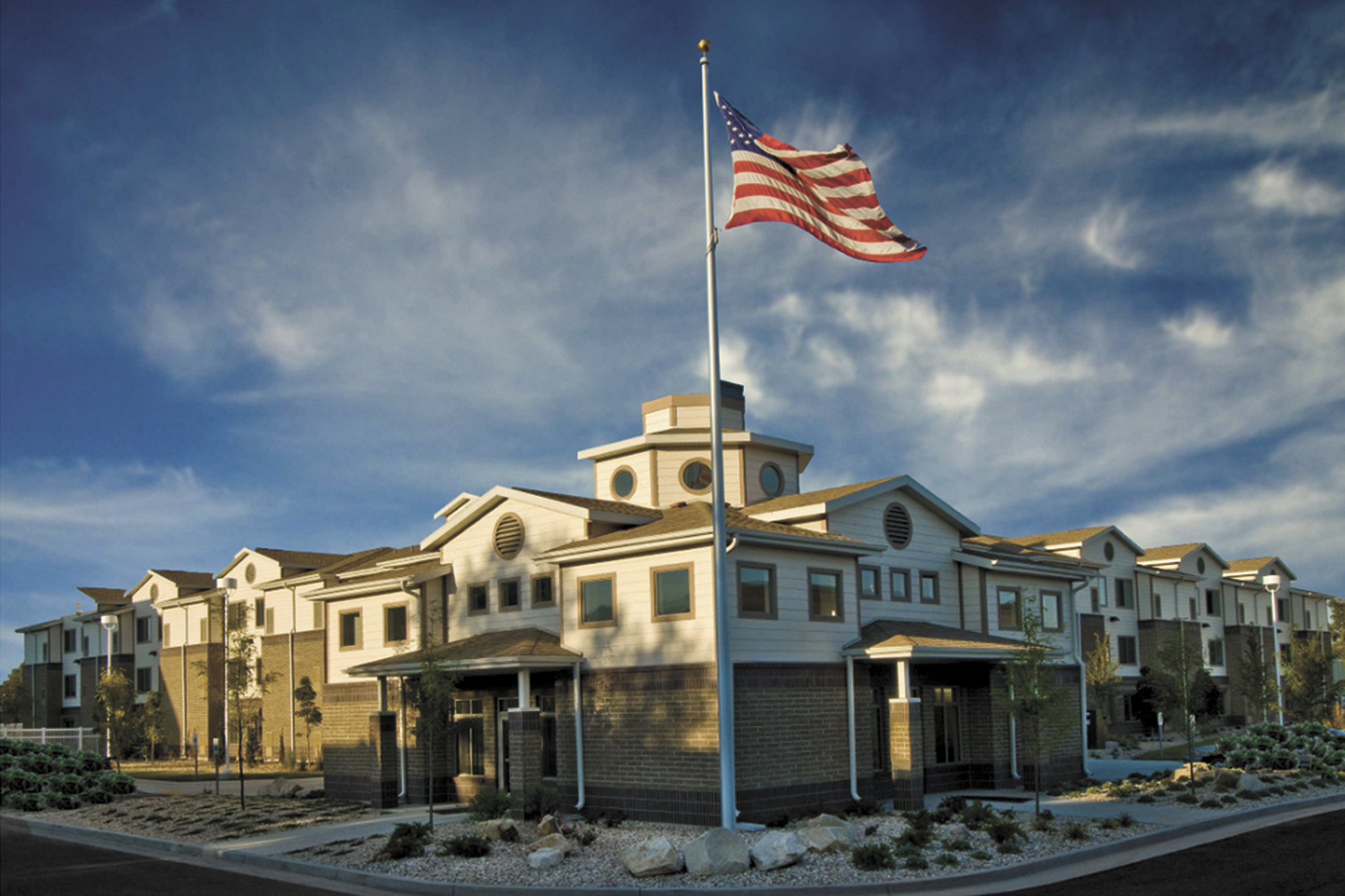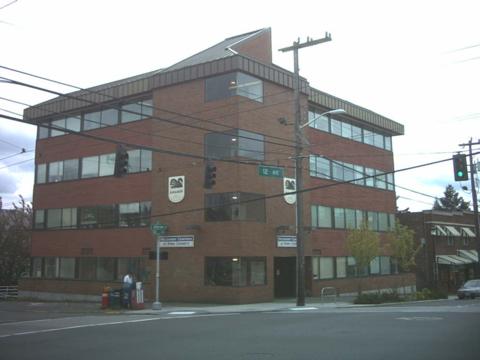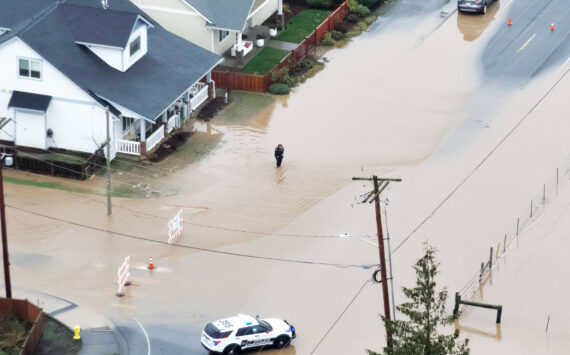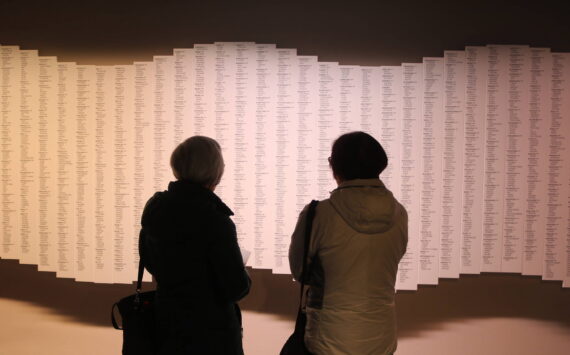Is there no end to user fees in this state? The answer is simple: No.
The latest stunt by our revenue-starved leaders involves charging drivers for every mile they creep along deteriorating highways and pothole-strewn byways. They’re actually serious about this—so serious, in fact, that the Washington State Department of Transportation plans to ask the legislature in the upcoming session for $3.5 million to study whether this scheme is worth pursuing.
Behind WSDOT’s move are grave concerns that fuel-efficient cars are putting a major dent in the transportation kitty. In short, gas taxes are drying up because motorists are guzzling less gas.
Some might argue that being asked to pay a so-called “road-user charge” is an unfair penalty—for cutting consumption, no less. But WSDOT maintains that the state’s reliance on the gas tax (currently the ninth highest in the U.S., at 37.5 cents on each gallon purchased) to meet much of our transportation needs is not a viable solution for the long haul. The possibility that electric vehicles could someday account for a substantial percentage of cars on the road makes it even more imperative, road officials say, to decrease reliance.
According to a report prepared by the Washington State Transportation Commission, it wouldn’t be all that difficult to figure a person’s road charge, what with all the fancy gadgetry available these days: in-car GPS units, smartphone apps, and sensors that can detect engine run time.
Of course, critics—with good reason—are sounding the alarm that this smacks of Big Brother, with government tracking our every trip to the grocery store. Transportation Secretary Paula Hammond pooh-poohs such concerns, saying most of us are already monitored by our phone companies. And besides, she adds, it will take at least five to 10 years to implement the road-usage charge—and in any case, there are all kinds of ways to ensure people’s privacy.
Hammond is acutely aware that trying to wean the public off the gas tax and replace it at some juncture with a pay-by-the-mile plan is one tough sell. To date, only three states, Texas, Minnesota, and Oregon, have openly discussed road-usage charges. Oregon went so far as to introduce a bill that would charge drivers of electric vehicles 0.85 cents per mile through 2015, accelerating to 1.85 cents per mile by 2018.* That legislation is stalled.
Hammond, meanwhile, said on KIRO Radio’s Ross + Burbank last week that WSDOT is “going to start engaging with the public and try to understand what people think about the risks, the opportunities, and some of those things.”
*Correction: A previous version of this story misreported the Oregon figures.







